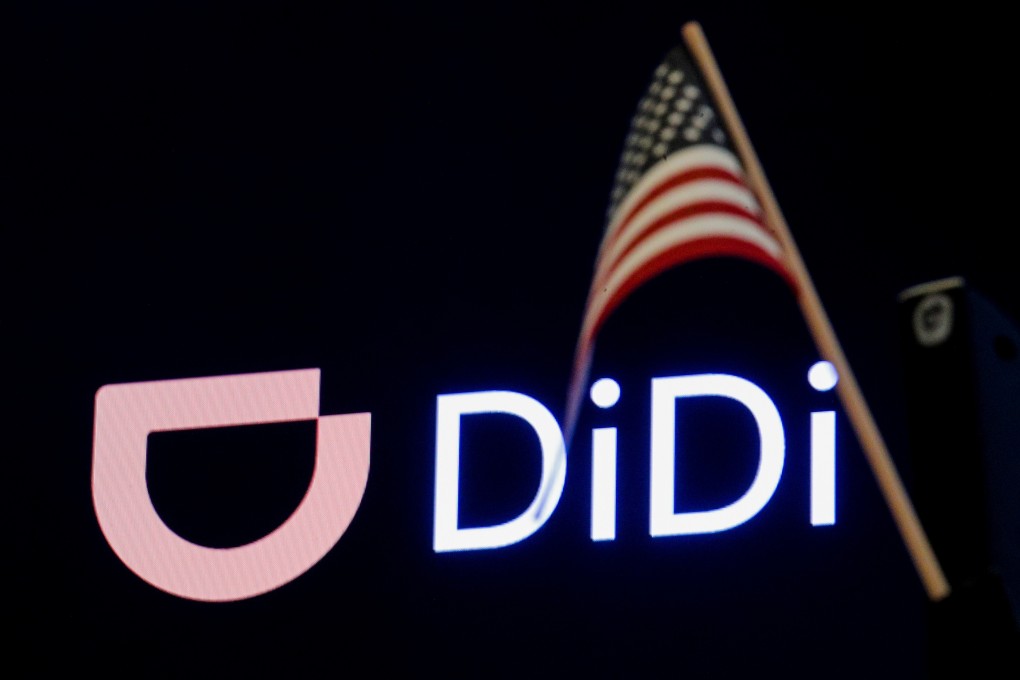Editorial | Regulators should cooperate in curbing tech market dominance
- As China pushes for the extraterritorial application of its capital market laws, it is important to secure mutual recognition of accounting standards and enforcement between countries

In the short term, US-listed Chinese shares will be under pressure. Longer term, the overhaul is likely to strengthen China’s capital markets and corporate culture. It will consolidate and streamline regulatory requirements and processes for IPO aspirants while enhancing transparency and clearing up confusion for prospective investors overseas.
The national security concerns of Chinese authorities about tech companies holding huge personal data will be addressed, as will the privacy rights of Chinese consumers. As well, the overhaul will clarify and strengthen the “information securities responsibilities” of companies that plan to list overseas, to encourage transparency.
More importantly, it aims to close or at least curb an offshore ownership loophole, which has enabled subsidiaries incorporated outside China to list overseas without the usual regulatory scrutiny. This has long raised questions about the legal title of foreign shareholders to the underlying Chinese assets.
